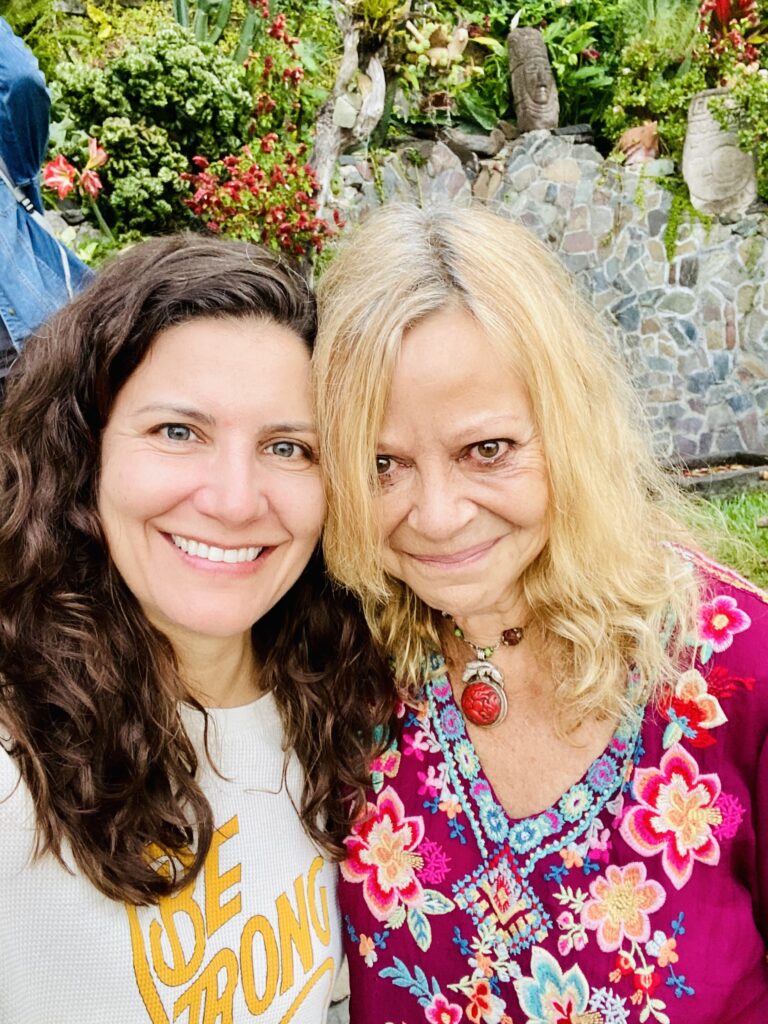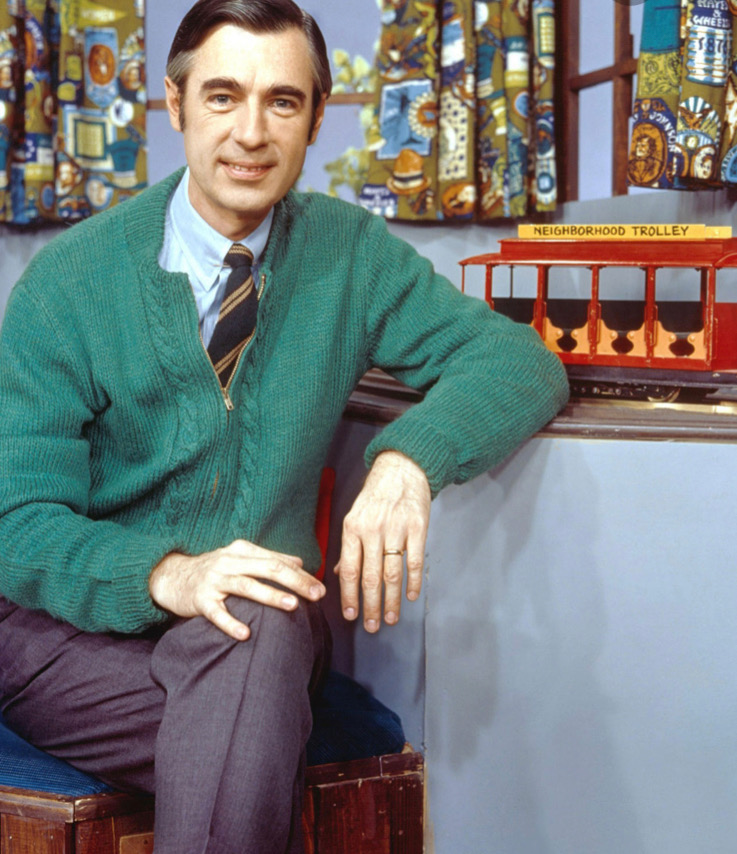
I am knee deep in revisions on Scrappy, the book I finished writing last August. Before I draft the book proposal, I am taking the hatchet to it for stuff that doesn’t belong. It’s painful, but necessary. Like any other major endeavor, running a marathon, childbirth, writing a book is a metaphor for life. Here are the takeaways:
- Your voice matters—let it be strong. I developed my voice on the page by writing this book. In parts, however, I hear myself trying to be someone else. Mary Karr’s, The Liar’s Club, sat close by for inspiration. I do a 10 cent impression of her which makes me cringe. The only voice that belongs in my book and my life is mine.
- Feel all the feelings so you can actually let them go. One of the key elements to the revision process is asking how the main characters felt in the beginning of the chapter and how their emotional state changed by the end. In some chapters, the reader is left wondering how I felt because I just marched on to the next thing. When I ran away from home, for example, I didn’t pause to absorb the emotional impact of it. I was too busy surviving. That didn’t mean I had no feelings, of course I did. I just stored them up. It’s not a great plan if you want to be physically and mentally healthy. Feel the feels and release them. They cause trouble if you don’t.

- If an experience doesn’t lead to personal growth, delete it from your story. Sometimes we replay terrible events over and over for no good reason. Prolific author and writing guru, Joyce Maynard teaches that your story must take the reader on a journey. You start in Maine, zip through the Midwest, then climb the rocky mountains to get to California. If your story doesn’t do that, keep working. I had to nix some really crazy stuff because it was just crazy. From the retelling, we learn nothing other than, wow, her parents really shouldn’t have hired the town derelicts to babysit. That’s not a story, it was just something that sucked. We don’t need to hang on to experiences that didn’t lead somewhere better.

- Recognize when you are assuming you know what someone else is thinking. In parts of the book, I commit point of view violations with my parents. I had a conversation with my father the other day and learned something new about why my parents divorced. This lesson has come to me over and over again. Tap into your curiosity instead of your judgment. Wonderful therapist and writer Linda Carroll loves the phrase tell me more. It takes us on a miraculous path from reaction to empathy. My book could use more openness and fewer rigid convictions.

- Look for the helpers. This gem comes from Fred Rodgers of Mr. Rodger’s Neighborhood. I have always thought I survived hard times on my own. I didn’t realize how often teachers took me under their wing. One lonely afternoon, my first grade teacher brought me over to her house and made me hot chocolate. My fifth grade teacher met with me every afternoon to help with my science project even though I was in sixth grade at a different school. I asked him and he said yes without hesitation. A high school teacher encouraged me to journal about the difficulty with my dad. When I shared a horrible friend betrayal with a college professor, she told me these are not the best years of your life and it gave me the will to keep going. A law school professor gave me a teaching job probably because he knew I was broke. Spuhler, Bruce, Romanenghi, Binion, Fischl all went out of their way to care for me. Educators are angels on earth. They see kids for who they really are when no one else does. Please vote to pay these people more. They are literally saving the world, one neglected kid at a time.

- Appreciate how far you’ve come. I have spent so much time waiting for someone else to appreciate me. It’s lovely when people thank you for going out of your way for them but the only validation that truly counts is the kind that comes from inside. Today I honor that first grade girl who told her creepy principal off in front of the whole class. Good for you, little lady. Cheers to me and cheers to you too.
When you get some perspective on your life and learn from the hard seasons, you get the sense that it’s all going to be okay.
Love,
Elizabeth
WRITING PROMPT: When you reflect back on your life, what can you appreciate about yourself?